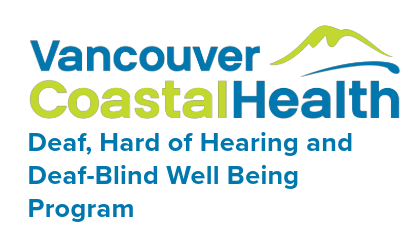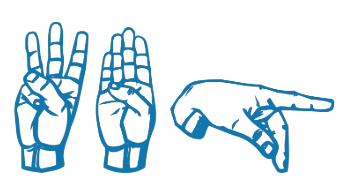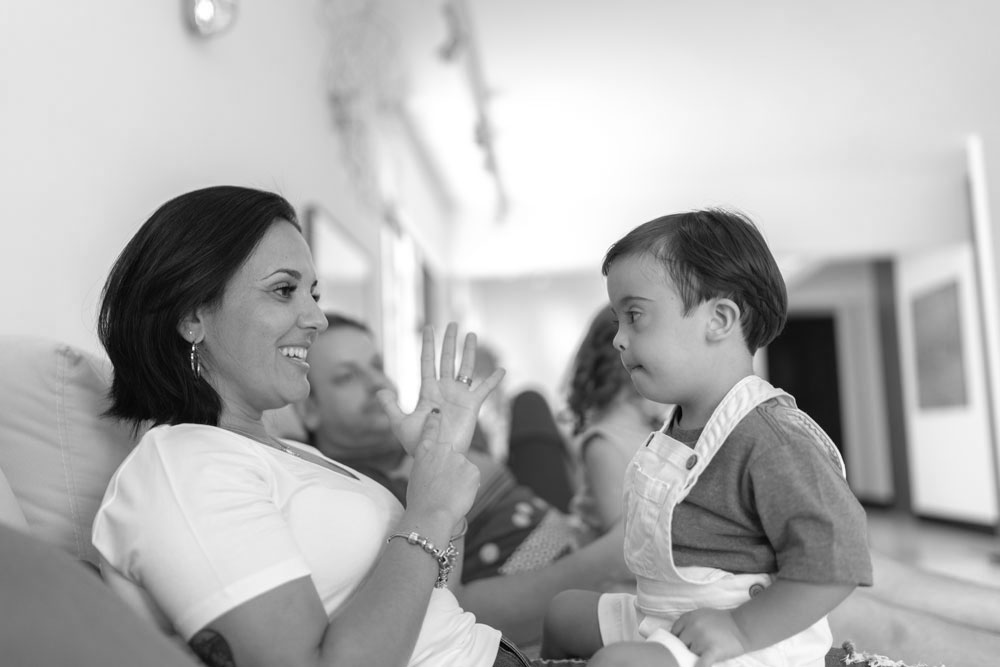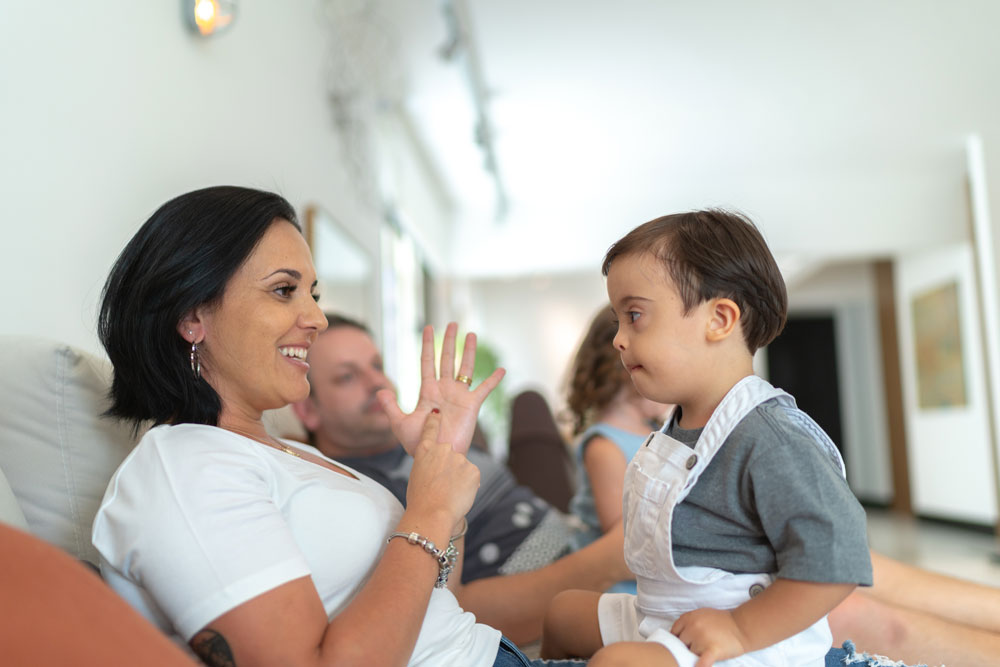For parents
Parents, both deaf and hearing, can connect with mental health team to focus on family dynamics, behaviour needs, or other areas of concern. Parents can expect to be involved in the treatment process, learning skills and approaches to target the identified areas of need.
For parents with young deaf, hard of hearing or deaf-blind children, it can be a big adjustment to family dynamics, relationships and overall family functioning. It is important to know that mental health challenges are not a result of parenting, or the fact that your child has a hearing loss. No one is at fault, and there is no reason to be embarrassed asking for support services. The WBP provides counselling to parents who would like support in navigating this new experience.






